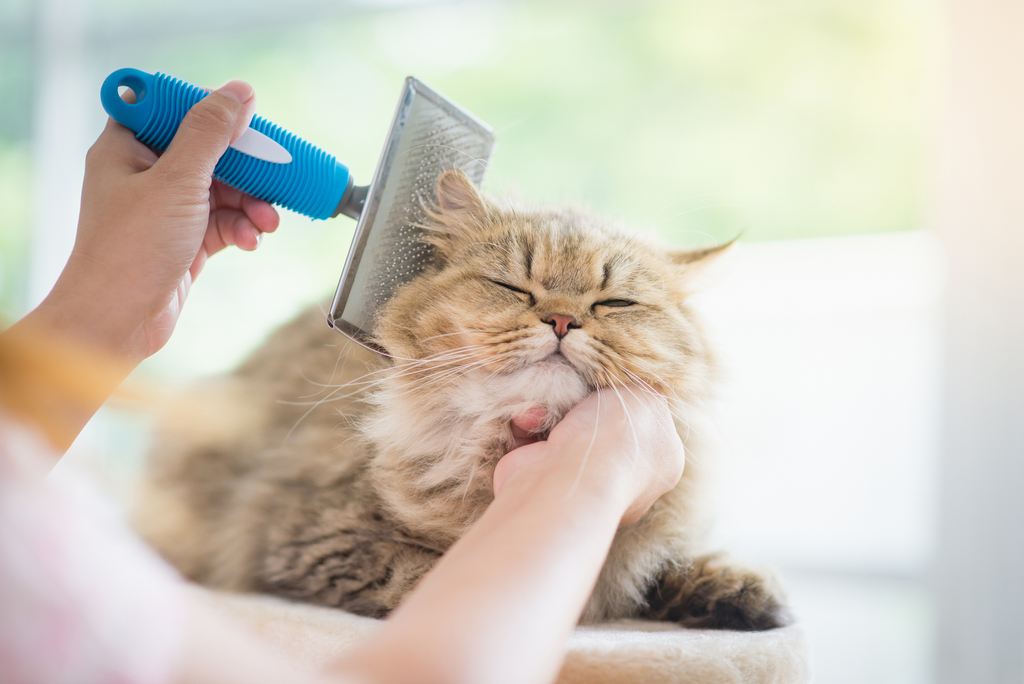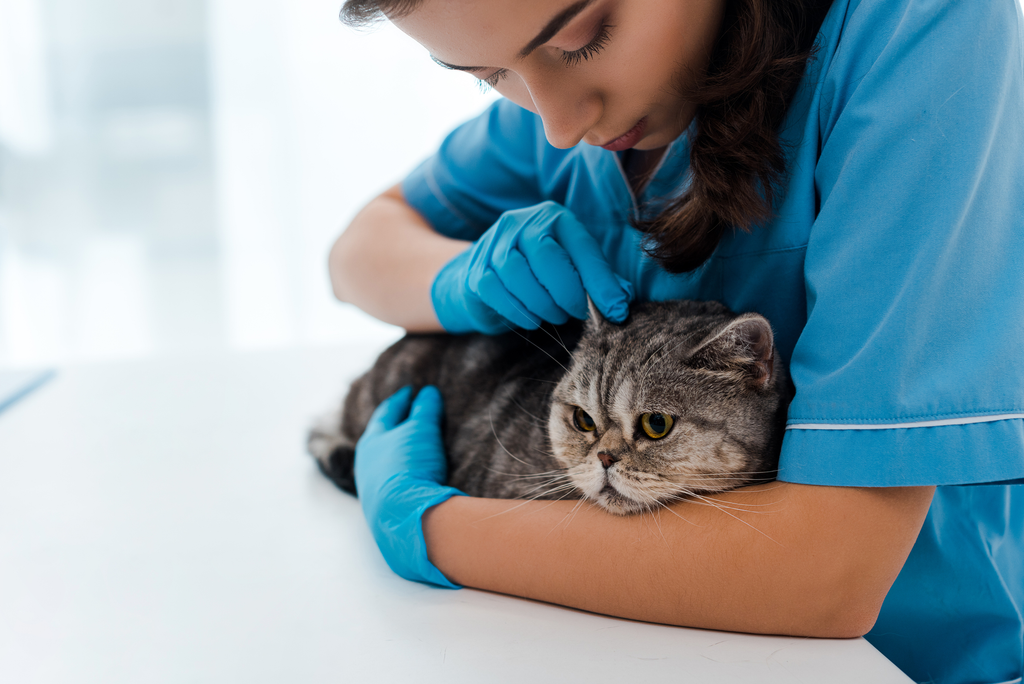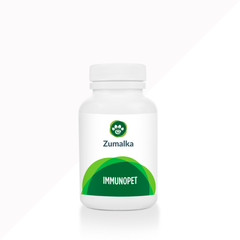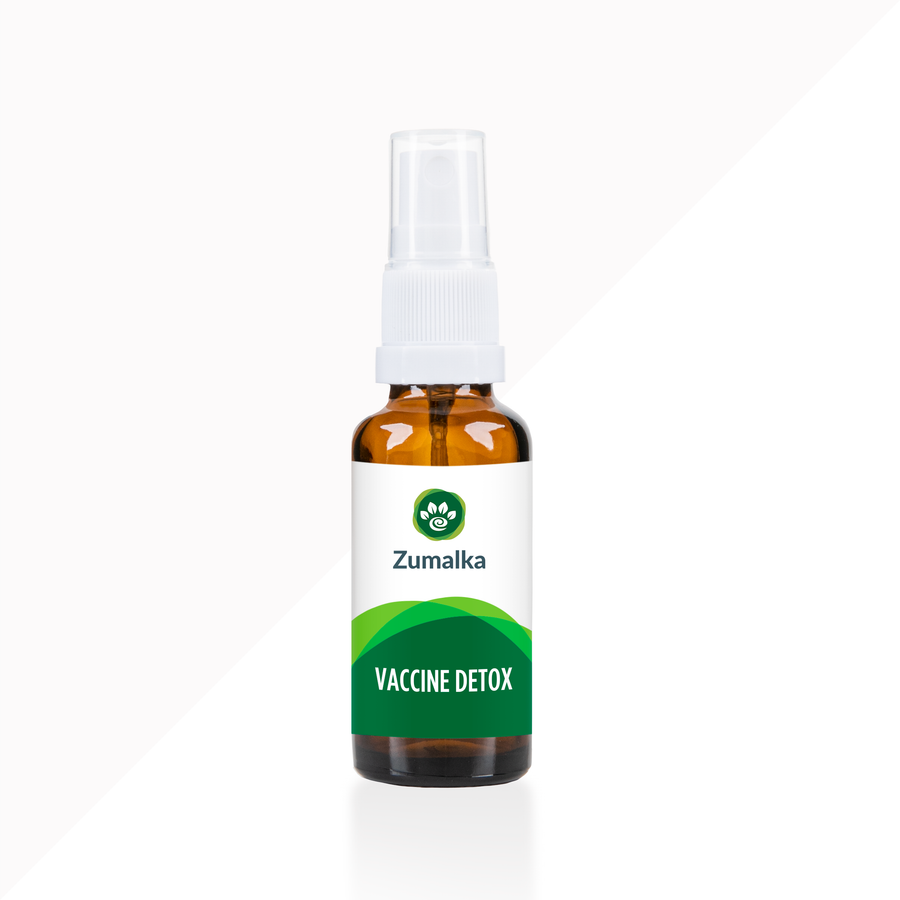Pet Health Insurance: Is It Worth The Gamble? 2023
Is buying pet insurance an intelligent move? Or is getting a pet insurance plan an unnecessary gamble? As a pet owner, you may have probably asked yourself these questions lots of times now. Personally, I consider the move to embrace pet insurance as important.
It's perfectly normal if you're still on the fence about this one. This is the reason why I put together this blog post to help you make an informed decision about whether to get your hands on pet insurance for your furry friend or not.
Is Pet Insurance Worth It?

If you're anything like most pet parents, chances are you've already had the experience of buying many types of insurance. These include life insurance, insurance for the car, insurance for the house, and many more.
Interestingly, you can also come across a pet insurance quote or two these days to help you take care of unexpected vet bills. These can be brought about by not so routine veterinary visits, unforeseen veterinary exam fees, dental illnesses, hereditary and congenital conditions, and a whole lot of similar possible reasons.
Pet insurance is really extensive
There are even pet insurance policies designed to cater to breed specific conditions. This arrangement is quite common among dog insurance that may or may not cover pre-existing conditions like hip dysplasia. You can think of the whole thing as a financial safety net for your furry friend.
Still can't make up your mind about signing up for a policy?
But the question is do you really need to buy insurance for your pet? On one hand, it's possible that your furry companion will be prone to a serious illness sooner or later. But it's also likely that he will stay healthy for the rest of his life with just routine visits to the vet.
If we're being honest, deciding to go for pet insurance or not is very tricky. I think the best thing to do is to sit down and do a little research before making a decision. How about we start things off by finding out what pet health insurance is?
What Exactly is Pet Insurance?

Pet insurance is a form of insurance that helps take care of veterinary care costs that may be incurred to keep your dog or cat in tiptop shape. Most types of pet insurance work by extending financial assistance before, during or after veterinary procedures like diagnosis and surgery.
Just to emphasize, an unexpected vet bill can be pretty demanding for most pet parents in certain situations and having pet insurance coverage is beneficial.
Key examples include Trupanion pet insurance, the ZPIC insurance company, as well as ASPCA pet health insurance, among others. If you don't know this already, the American Society for the Prevention of Cruelty to Animals is the organization behind the ASPCA pet health insurance.
Let's have a quick example to help you understand the concept. Suppose your dog has to undergo a surgical procedure that his pet insurance will cover. After the procedure, you can then file a claim with the American pet insurance company you've signed up with and you'll be reimbursed for your expenses.
What is the best pet insurance?
To be very candid, it's entirely up to you when it comes to choosing the "best" pet insurance for your furry friend. Zeroing in on the right pet insurance plan for your animal companion involves a number of important factors to consider.
First and foremost is the particular scope of coverage that you'd like to have. Other things you need to take note of are your pet's age, sex and breed, as well as the amount of money that you can shell out to take care of pet insurance costs.
Depending on these factors, many pet insurance companies offer different types of coverage in their respective policies, but all of them are aimed at providing a pet owner peace of mind as regards pet health and wellness. This is why there is no straightforward answer when you're asked about the best pet insurance.
What does pet insurance cover usually?
Here's a quick list of the most common pet insurance coverage options that you can go for:
-
Preventive care assisted by a licensed veterinarian
-
Diseases and illnesses
-
Elective and emergency surgery
-
Diagnostic procedures and tests
-
Veterinary hospitalization
-
Consultation with specialists
What is a Pet Insurance Policy?

A pet insurance policy is the contractual agreement entered by and between pet insurance providers and pet owners. Besides outlining key details like the specific pet wellness coverage, a policy also provides the amount of the payments or premiums to be made as well as the reimbursement a pet parent can expect for the appropriate veterinary care costs.
Are the different types of pet insurance policies?

Yes, there are various types of pet health insurance policies that complement the different financial capacities of pet owners and the coverage they need for their furry friends. Below are the most common policies offered by pet insurance companies:
#1: Unlimited coverage
This type of pet insurance provides unlimited annual coverage for your dog's or cat's veterinary medical care. However, it has fixed annual limits as regards the covered expenses and particular vet bills that will be taken in.
#2: Routine care plan
This kind of pet insurance is also referred to as an "optional wellness plan." It is aimed at helping pet parents deal with a vet bill that goes with dental cleanings, exam fees as well as some prescription medications.
#3: Accident coverage or accident only plan
Pet insurance plans of this class will only cover costs for injuries sustained during mishaps like broken bones, emergency surgeries and relevant diagnostic tests. It is important to take note that an accident only plan usually does not include routine care coverage.
#4: Comprehensive coverage
This type of pet insurance offers more or less complete coverage of diseases and health problems that your furry friend can be vulnerable to, including pre-existing conditions. It provides accident coverage, too. You can also file a pet insurance claim for a vet bill relating to emergency vet exam fees with this one.
#5: Illness coverage
These kinds of pet insurance work by taking care of a vet bill that comes with a specific disease, illness or some other health problem that your dog or cat may be prone to at some point in his lifetime.
This may or may not cover pre-existing conditions and may also be incorporated within an accident-only plan, such as accident and illness coverage arrangements.
#6: Lifetime pet insurance
Depending on a particular policy, pet insurance plans of this kind will provide lifetime coverage for your pooch or kitty. Besides taking care of various vet bills, this will also cover diverse health-related necessities like keeping healthy paws in tiptop shape.
Here's a quick reminder before we wrap things up for this section, pet parent. Regardless of what policy you'll go for when you embrace pet insurance, always factor in your budget along with your dog's or cat's needs.
This is because there will be elements to consider like upper age limits and if pre-existing conditions are going to be covered. Moreover, it is important to remember that discounts vary or may not even be present when it comes to pet insurance plans.
How Do You Choose a Pet Insurance Company?

As I pointed out earlier, zeroing in on the best pet insurance companies is something that only you can do. A pet parent just like yourself will have different viewpoints—not to mention budget—as regards the ideal insurance option to go for.
Other factors to keep in mind
However, it is crucial to keep in mind that while signing up for cat or dog insurance is primarily about keeping your pet in good shape with the help of a competent licensed vet, there are other factors to consider as well.
These other factors include the age, sex and breed of your pet. You also have to consider pre-existing conditions since a pet insurance quote can also possibly change in a significant manner when this gets in the picture.
Attributes of the Best Pet Insurance Companies

As a pet parent, choosing the best for your furry friend is a top priority. This also applies when deciding which pet insurance to pick. I'd just like to point out that when you embrace pet insurance, it pays to be very patient and thorough.
To help you make an informed decision, here's a quick checklist of the key elements to consider when choosing the ideal pet insurance option for your cat or dog:
The actual coverage matters a lot.
Before you sign up for an insurance policy for your furry companion, it is important to determine if the actual coverage suits the needs of your pet. This is because pet insurance is not a "one size fits all" arrangement. You'd have to make sure that a particular policy will really meet the requirements that you're looking for.
The policy terms are clear.
Making it a point to thoroughly go over the policy terms is a must if you're looking to get the most out of a pet insurance plan. Don't just have a general overview of the whole thing. Checking the finer details is also important.
Are exam fees from a licensed vet covered? Is a vet bill for mending broken bones included in the policy? These are just some of the questions that you need to remember before picking your choice.
The premiums are affordable and reasonable.
A pet insurance quote will normally indicate the specific premium that you have to pay at a certain time. It's important to check that these premiums will complement your budget while also giving your furry friend the benefits he needs to stay as healthy and happy as can be. You can even compare one pet insurance quote with another.
The customer reviews are positive.
Before committing to a particular insurance for your pet, make it a point to check for reviews that can help you choose the right one. You can easily find them online using your go-to search engine. Believe me, browsing customer reviews will give you a lot of insight.
The claims process is simple and straightforward.
Going through pet sickness and emergency situations can be very stressful. And having to deal with a very complicated insurance claims process can make the whole ordeal even more challenging. Remember: hassle-free is the way to go when it comes to insurance claims.
The insurance company is reputable and financially stable.
If we're being honest, not all insurance companies are the same. There are those that have been in the business for quite a long time and have already established a name for themselves. Should you have trouble picking the ideal insurance provider for your pet, choose one that's financially stable and has a good reputation.
Is Pet Insurance Similar to Human Health Insurance?

The short answer is yes. However, it is also important to take note that there are key differences between these two insurance arrangements. I will walk you through the similarities first.
There is a particular policy involved.
Whether you're signing up for human health insurance or one intended for your pet, you will need to choose a specific policy. Apart from determining the exact coverage and providing a general overview of the benefits you and your pet will get in on, it will also indicate exemptions for the same, if there are any.
You have to pay premiums.
Both insurances for pets and humans will require regular payment of premiums. It is also possible that there will be "deductibles" involved. These are basically expenses (usually found in the vet bill when it comes to pets) that you need to pay first before the insurance will take care of the other costs.
Now we've got the similarities covered, let's check out the differences between the two...
Costs are cheaper for pet insurance.
Given that a vet bill will normally be lower than a hospital bill, the amount of pet insurance premiums will be lower compared to their human health insurance counterparts. You can already sign up for a policy for your pet for just $30 or $40 every month.
The claim process is much more straightforward for animal insurance.
Unlike in the human insurance setting where the processing of claims can take a long time, claims for insurance for pets aren't that complicated. You simply have to present the relevant documents, such as the vet bill, invoices and receipts, to be reimbursed for your expenses.
What is the Biggest Advantage of Having Pet Insurance?

Perhaps the biggest advantage of pet insurance is having peace of mind. Your cat or dog can be prone to disease or illness at any time and having pet insurance can take the worry away from having to deal with a hefty vet bill or some other health-related expense.
Are There Downsides to Pet Insurance Plans?

Yes, there are some downsides to pet insurance that you have to take note of. These include the presence of limitations and exemptions to a particular coverage, co-pays and deductibles, as well as the possibility of having unexpected increases in the amount of premiums.
Does Insurance Cover Pets of All Types?

The short answer is it depends. While it's not uncommon to get your hands on a pet insurance quote for a dog, cat or horse, it's not that typical to find one specifically for unusual pets like insects, rodents and fish.
Are exotic pets included?
Fortunately, pet health insurance is very progressive and you can sign up for a policy that covers exotic pets nowadays. There are actually policies designed for cockatiels, ball pythons, sugar gliders, iguanas, tarantulas and axolotls. I'd just like to emphasize that policies for exotic pets may still be not that comprehensive when it comes to coverage.
How Much Does Pet Insurance Cost?

This is an important question. The insurance you choose needs to give you the right amount of coverage, but you also want it to be affordable for your budget. The pet insurance cost depends on a number of elements—and not just the vet bill.
- LEARN ABOUT IT: 👉3 Ways Your Cat Could Die This Week - Are You Prepared?🐱
The scope of the coverage matters
First, you need to choose what level of coverage you want. Do you want your pet’s insurance to cover the basics? Like regular vet care, vaccinations, check-ups or do you want it to cover accidents and illnesses? Or perhaps you have something more comprehensive in mind?
Knowing if you want basic or more or less all-encompassing coverage is a good head start in making the right choice. Perhaps, the insurer will take other factors into consideration to determine the cost of your plan.
Other factors include location, age of your pet, breed and the selected deductible levels.
Can You Choose Your Own Veterinarian?

If you’ve had your vet for a while or really want to keep the one you have, you will have to check with the terms of the plan or with your vet before buying the insurance. You will have to make sure your current veterinarian qualifies for the plan you choose.
Luckily, several pet health insurance plans allow you to keep or pick a veterinarian of your choice. You can even choose one that really knows how to maintain a lustrous coat and healthy paws!
What are the Policy’s Exclusions (Like Accident and Illness Coverage)?

Read the policy very carefully. This is so most important when choosing an insurance plan. All insurance plans have exclusions, but they aren’t all the same. Every policy has a list of treatments and conditions that aren’t covered by their insurance company or plan. It is very specific to each policy, so be cautious.
Why you need to carefully go through your pet insurance policy
For example, some policies have certain exclusions concerning specific breeds. Not many insurance companies cover heartworm medication, flea control, vaccination, dental care, hip dysplasia, ligament tears, cancer or other specific conditions. If you want these to be covered, it will cost you additional coverage.
What are the Deductibles and the Co-pay?

Deductibles and co-pays are the amounts of money that the policy wants you to pay every time you submit a claim.
What exactly is a deductible?
A deductible is the amount of money you have to pay annually before the insurance company makes a reimbursement covered by your policy. Many companies will charge a flat deductible. The deductible can vary anywhere from $50 to $100. This amount may depend on the age of your pet or other factors.
How about a co-pay?
The co-pay is the percentage of your out-of-pocket expenses. The insurance company then pays the remaining cost. For example, a company may require a co-pay of 10% of the vet’s fee. The insurance company will pay the remaining 90%.
Are there pet insurance discounts?
Deductibles and co-pays are there to reduce the total of claims paid and unneeded procedures and tests. They are also a great way for you to save! Yes, if you choose a higher deductible your monthly pet insurance premiums will be less.
Let me share with you a short story to explain this...
The story of Fluffy
A friend of mine, Julie, owns a Burlington Terrier. His name is Fluffy. One afternoon, she was taking a walk with Fluffy. Suddenly, an enraged and furious dog jumps over a bush, knocks over her dog and attacks him.
Julie was panicked and couldn’t bare the screaming in fear and pain of her dog. No need to say how scared Julie was and how terrified her dog was as well.
This attack resulted in many injuries, including a broken rib cage and a broken jawbone. The monstrosity of this dog’s behavior created costly damage. The cost of vet bills totaled $4500. Fortunately, the owners of the other dog paid the vet bills in full.
An alternative ending to our story
But what if the owner never showed up? She would have had to pay these tremendous fees. She wasn’t insured, but now she is thinking about it. Here is how she could have saved by choosing the right deductible.
As I said earlier, the higher the deductible, the less you have to pay for your monthly premium. So for example, if she chooses a deductible of $50, her monthly premiums would be much more than if she chose the $100 deductible. Between you and me, what does $100 represent when your vet bills add up to $4500?
What are the Types of Caps?

A cap is the maximum amount an insurer will pay. There are three types of caps: lifetime, annual and per incident. You will want to find out what types of caps your pet insurance policy has and decide if your pet’s needs can be limited to that amount.
-
Lifetime caps refer to the maximum amount up to which your pet is covered during his lifetime.
-
Annual cap is the limit the policy will pay for your pet within a year.
-
Incident cap refers to the amount up to which the policy will pay for each procedure or illness.
-
Double-check your vet’s billing statements to make sure they are as clear as possible for when you submit claims to the insurance company.
What Specific Medical Conditions Does the Particular Policy Cover?

After you’ve checked what are the policies' exclusions, make sure you take a look at what’s covered. It’s important to ask yourself the following questions:
-
Is the plan a comprehensive one covering hospitalization, accidents and medications?
-
Does this policy cover all medical/surgical costs?
-
If yes, how much does it cover?
-
If chronic illnesses are covered on the primary policy, will they still be covered upon renewal?
These are just a few questions you want to ask yourself to make sure you are picking out an insurance plan that best suits your pet.
Is Wellness Coverage Available?

You want your pet to be as healthy as possible and you want to give him the best care you can. That is where wellness coverage can come in practically. You know you have to bring your pet to the vet for his annual exam, dental cleaning, vaccines, tests, heartworm medication, etc.
Two choices you can go for
You have two choices: either you pay out-of-pocket every time you go or you can go with wellness coverage.
Wellness insurance is a way to set aside money to cover vet costs that you anticipate for a little additional cost for neutering/spaying, dental needs, annual routine visits and other similar things you know you will have to pay for eventually anyway.
If you have a hard time budgeting vet fees, this can be helpful for you and to keep your pet healthy all his life.
Are There Any Other Benefits?

Some insurance companies will offer creative benefits. For example, some pet insurance companies will offer holiday cancelation, boarding fees and advertisement if your pet is missing.
You can avail of a possible bonus
Some companies will give discounts if you have more than one pet enrolled in their program. Others give as much as a 15% discount on your insurance plan if you have more than one pet enrolled.
These benefits are not a must and you can certainly live without them, but it can certainly be interesting if you decide to buy insurance and hesitate between two companies. Who knows? This can make a very big difference.
How Do I Get My Money Back from Pet Insurance?

There is a process that you need to observe in order to do this. This process is called "filing a claim." Filing one basically involves accomplishing a particular form, attaching the necessary documents and submitting it to your pet insurance provider.
Filing a claim may vary when it comes to pet health insurance
Depending on the policy you've taken out, the time it takes for a claim to be processed varies. However, pet insurance claims are much quicker compared to their human health or life counterparts.
How Quickly Does Pet Insurance Pay Out?

As pointed out earlier, the processing of a pet insurance claim depends on the policy you've signed up for or the coverage of the insurance plan. It is crucial to keep in mind, though, that attaching the necessary documents like vet bills, exam fee receipts and the like is mandatory when it comes to successfully having a claim processed.
Is It a Yes Or No to Pet Insurance?

The bottom line is it's really a personal choice. No one can tell you whether or not you should take pet health insurance. It’s primarily about your pet's needs, but also depending on the budget you've got. If your annual vet costs are greater than the insurance policy you’re interested in, then go for the insurance plan.
Quick questions to help you make the final decision
Alternatively, let's look at it the other way around. Should it cost you more in annual premiums with the insurance company than what it costs you now, then this may not be a very feasible option for you.
Moreover, if you feel that having pet health insurance will provide you with financial and emotional relief in case your furry friend eventually needs to undergo a somewhat costly medical procedure or treatment, then it may be a good thing for you.
Being meticulous can help a lot
Whether you choose to buy insurance for your beloved pet or not, what’s important is that you feel comfortable with the choice you make. If you choose to go with pet insurance, then make sure you read the policy very carefully of the plan you choose.
If you decide not to, make sure you put aside some money for those rainy days. Once you’ve made up your mind, you can go spend some quality time with your beloved pet knowing you’ve made the best decision!
So in the end, will you choose pet health insurance or not? The choice is all up to you.
Boosting Your Pet's Immunity Through Natural Means
One way of helping your pet keep clear from disease and illness is by bolstering his overall immune system. Zumalka's IMMUNOPET is formulated to improve white blood cell count and make your pet's body more resilient against numerous types of bacterial and viral infections.
IMMUNOPET also helps enable an increase in hemoglobin levels while purifying the blood and lymph nodes. This natural product combines premium ingredients with a gentle holistic approach to effectively support and optimize your pet's overall immune response.
Get In Touch With a Pet Homeopathy Expert
Giving your pet the right support is crucial when diseases and illnesses unexpectedly pop up. If you're looking to keep your pet as healthy and happy as can be through natural means, make sure you contact us right now to reach out to a pet homeopathy specialist who will walk you through how to do just that.








One big issue with just about all of these policies is that you will find a clause written into the policy that states that you will keep your pet up to date on all vaccines recommended by your vet in order to keep your end of the deal. And if you don’t do that, they won’t pay out your claim. Iny opinion, most vets are recommending way too many vaccines that are undermining our pets’ health and I refuse to have my cats injected with that stuff as a condition of having my claim honored after paying high premiums. Even if your claim is for something completely unrelated, such as an accident, they’ll use that as an excuse to not pay you. So no to health insurance.
Leave a comment